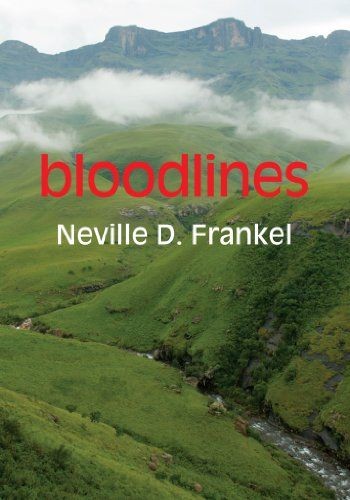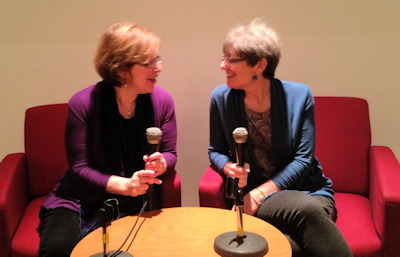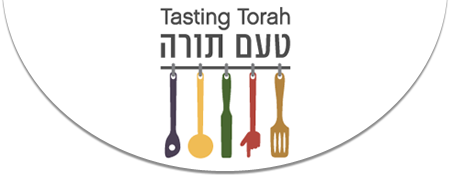Leslie and I began writing Jewish Luck with an underlying question in our minds—what would life have been like had our grandparents not left Russia before the Revolution? What would it have been like to grow up in the Soviet Union? Neville Frankel began his novel, Bloodlines, with a similar question—what would it have been like to be part of a middle class Jewish family that became actively involved in the anti-apartheid movement in South Africa? In San Diego, in one of our first book discussions with Jewish emigres from South Africa, they explained their motive for emigration to the USA after finding themselves in the dilemma of being children and grandchildren of Jews who fled oppression in Eastern Europe only to find themselves unwittingly part of the oppressor class in Capetown.
Frankel's question is not so far afield from his own experience. His family emigrated from South Africa to Boston in 1962 when he was fourteen. His family, like most Jewish families, had roots in Lithuania and fled after a series of fires and pogroms drove some of Lithuania's Jews to South Africa to find a better life. The "better life" deteriorated as the apartheid system tightened its grip providing the impetus for another migration for Jewish families to the U.S., Israel, and Australia. While Bloodlines is not the story of Frankel's family, Frankel knows intimately South Africa's history and can identify with his characters' inner lives. His simple prose allows the reader to inhabit the world of the four narrators and feel the complexity of their lives. Frankel also knows and loves the landscapes of his homeland and sees them through a painter's eyes.
The book opens with the death of Lenny, father of Steven. Forty-eight year old Steven seeks to finally unravel the story of his mother, who he assumed had died in South Africa when he was a youngster. His father made the decision to leave their home and settle in Boston with Steven never correcting his son's misconception about his mother having died. Steven's mother, Michaela, remained alive and wanted by the police for subversive activities against apartheid. She sacrificed her family and identity and allied herself with her lover, Mandla Mkhize, a leader of the anti apartheid movement. Tracing Michaela's radicalization through letters from Michaela, Steven and Mikhize,, the reader journeys through the oppressive apartheid society from several viewpoints of Africans. Frankel opens his readers to the brutality of apartheid without preaching. His story allows us, to discover the malignancy of the South African apartheid system and the trauma that racked the country and to wonder what actions we might have taken.
Frankel was inspired to spend nine years writing Bloodlines after reading the non fiction work Rivonia's Children, It's ambitious—and long (489 pages).It covers fifty years, four narrators, and three continents; however, I never lost interest. As I neared the end of the book, I felt sad to let go of the story. A friend who read the book immediately ordered the prequel to Bloodlines, On the Sickle's Edge.
Whether you read Bloodlines for the love story, the family saga, the history, or the politics, Frankel's novel will become a story etched in your own memory.




